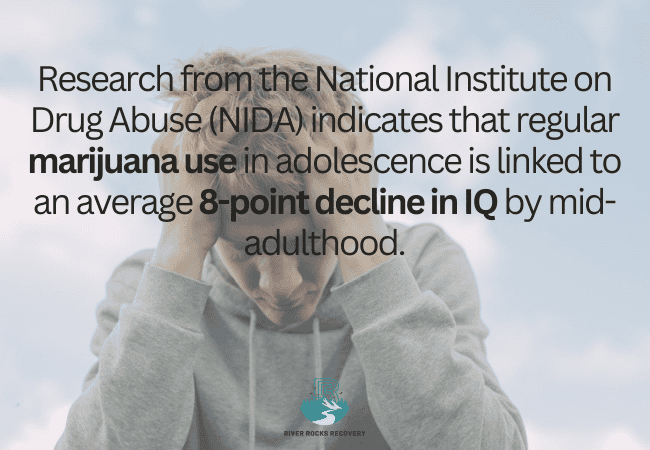For a long time, the idea that drug use kills brain cells has served as a warning against substance abuse. But is this true? And, if yes, how can drugs influence brain health?
While different substances have varied effects on the brain. However, a lot of studies indicate that some drugs can damage brain cells, change the structure of the brain, and damage cognitive abilities.
So, in this blog let’s understand how drugs can kill brain cells and how to control it. Let’s go!
How do Drugs Affect the Brain?
The brain is a very sophisticated organ that regulates everything from thought and memory to movement and emotion. It interacts through networks of neurons that send information via chemical messengers known as neurotransmitters.
Drugs affect the brain by modifying the levels and activity of neurotransmitters, resulting in the desired experiences of pleasure, relaxation, or stimulation. However, repeated interference with these systems has the potential to impair normal brain activities and, in some cases, destroy brain cells.
Let’s look at the precise impacts of some common medications on brain cells.
Neuron shrinking: Alcohol intake can cause brain atrophy, which is a decline in brain volume caused by neuron shrinking and loss of neural connections. This can further lead to memory loss, decreased problem-solving abilities, and a deterioration in other cognitive processes.
Neurotoxicity: Alcohol can destroy brain cells, especially when drunk in significant doses over time. This is commonly observed in situations of alcoholism, where brain regions involved in learning and memory are significantly impacted.
Wernicke-Korsakoff Syndrome: Heavy drinking can produce thiamine deficiency, which can result in Wernicke-Korsakoff syndrome, which is a neurological illness considered by major memory losses and confusion.
Brain Damage and Addiction
The reward system, which is closely linked to addiction, is one of the most severely affected parts of the brain by drug misuse. The reward pathways in the brain are overstimulated by drugs, which causes huge dopamine releases that increase the urge to repeat the event. The brain’s natural reward pathways may be upset over time by this overstimulation, which would make it harder for people to enjoy routine jobs.
These modifications in the brain’s reward circuits contribute to the addiction cycle by increasing the brain’s reliance on drugs for pleasure. Even after discontinuing drug use, these alterations can continue, complicating recovery and raising the chance of recurrence.
However, individuals suffering from serious brain damage from drug use may experience difficulties with memory, impulse control, and emotional regulation.
Can the Brain Recover From Drug Damage?
The brain is remarkably adaptable and capable of recovering from certain forms of damage. In many situations, stopping drug use can cure some of the damage to brain cells over time, especially with healthy lifestyle modifications, counseling, and support.
Need Support? Call River Rocks Recovery!
If you or your loved one want to quit alcohol intake and looking for the best addiction treatment center then River Rocks Recovery is here to help. We understand the difficulties of addiction and provide a safe, inviting environment to help you create a healthy, meaningful life. Embrace the comprehensive care offered at River Rocks Recovery, and contact us today at (888) 905-6281.





























